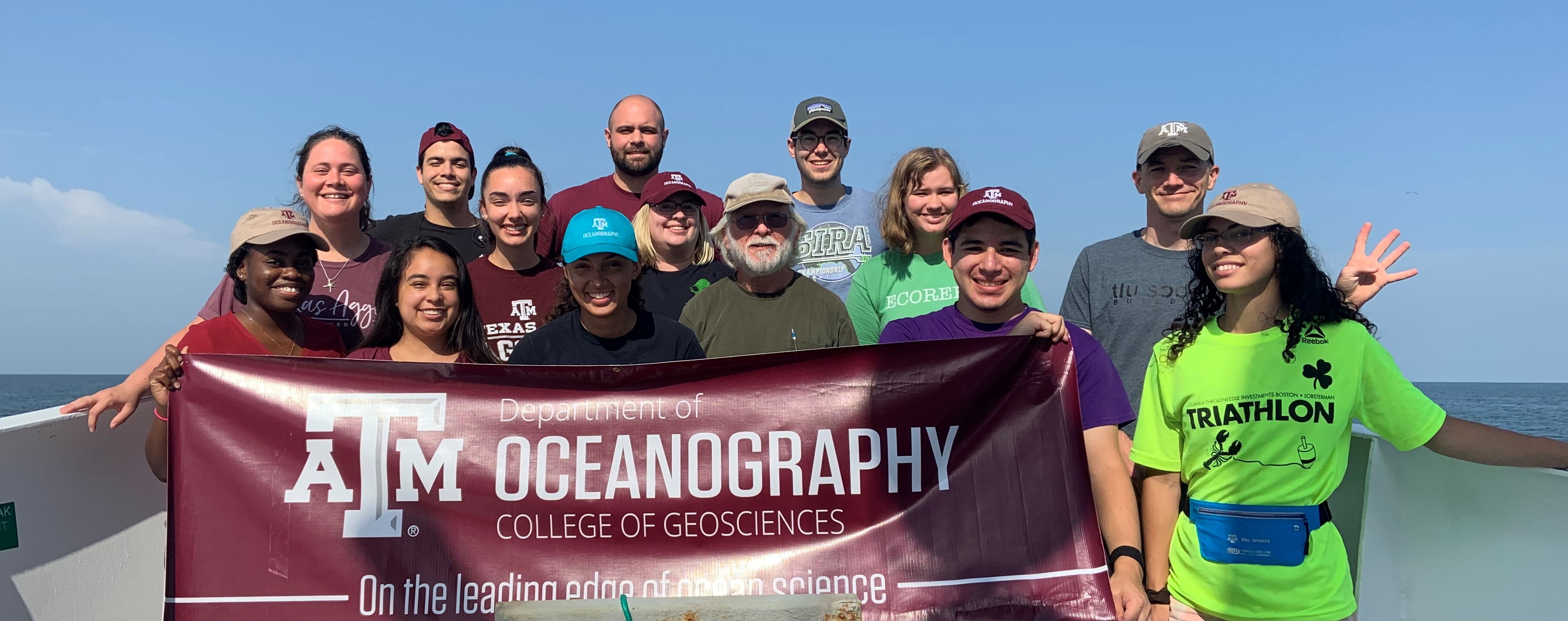Requirements
To be eligible for this research opportunity you must be:
- A US citizen, US national, or US permanent resident
- Enrolled as an undergraduate in a degree program leading to a baccalaureate or associate degree; preference will be given to students with rising junior or sophomore status, but all eligible students are considered
- Most accepted applicants will have a minimum grade point average of 2.75
- Note: Non-US students and graduating seniors are not eligible for this program
Application
To apply, please fill out this application.
You should have your application materials together, including:
- Basic application information on education and experience
- Mentor ranking from this list of Mentors & Projects
- A 300-500 word essay on why you are interested in this REU program including your research interests, any relevant research experience, and future career goals
- Transcript (unofficial is acceptable)
- Curriculum vitae (CV; in PDF format)
- The name and email address of 2 recommendation letter writers (you must have your letter writers email their recommendation letters to reuotoapp@geos.tamu.edu)
Announcement of acceptances: in early March
Mentors & Research Interests
For more information, see Mentors & Projects page.
Dr. Justin Dodd: Geological Oceanography (Stable isotope geochemistry, paleoceanography, scientific ocean drilling)
Dr. Jessica Fitzsimmons: Chemical Oceanography (Trace metals, inorganic nutrient and contaminant cycling)
Dr. Darren Henrichs: Biological Oceanography (Harmful algal blooms, phytoplankton species composition, machine learning in biology, individual-organism modeling, microelectronic sensors)
Dr. Sarah Hu: Biological Oceanography (Microbial ecology, protistan diversity, hydrothermal vents, microbial eukaryotes)
Dr. Spencer Jones: Physical Oceanography (Ocean mixing, tracer transport, global overturning circulation)
Dr. Andrew Klein: Remote Sensing Oceanography (Geographic Information Science (GISci) in polar environments)
Dr. Angie Knapp: Chemical Oceanography (Marine nutrient cycling, marine biogeochemistry, nitrogen fixation)
Dr. Yina Liu: Chemical Oceanography (Organic biogeochemistry on natural organic carbon cycling across Earth's ecosystems and the fate of organic contaminants in surface waters and marine ecosystems)
Dr. Davide Oppo: Geological Oceanography (Methane seepage, marine geohazards, marine geology, sedimentology)
Dr. Jason Sylvan: Biological Oceanography (Microbial ecology, subseafloor biosphere, hydrothermal vents, coastal hazards)
Dr. Dan Thornton : Biological Oceanography (Phytoplankton, biogenic aerosol, sea spray aerosol, ice nucleating particles (INP), exopolymer particles, nitrogen cycle, carbon cycle)
Dr. Jinbo Wang: Physical Oceanography (Ocean dynamics, submesoscale ocean processes, machine learning for ocean science)
Dr. Shuang Zhang: Geochemical Oceanography (Data science, machine learning, global carbon/biogeochemical cycles, carbon dioxide removal, climate change mitigation)
Anonymous Feedback from Former REU Students
“I feel that I learned way more about research here than I did my past three 3 years of doing research at my home institution. This program has given me the practical experience in oceanography that I needed to guide my graduate school and professional goals.” – a 2018 REU alum
“I feel that I gained experience with data techniques I was unfamiliar with and gained many data analysis, display, and management techniques. I believe this program will be extremely beneficial for me to move forward and manage my own data and analyze it.” – a 2021 REU alum
"My expectation that faculty would collaborate and work together with students was exceeded. In addition, the field cruise was the most impactful part of the summer and gave connection to the data and investment in the research.” – a 2018 REU alum
“I learned a lot about oceanography, and I finished the program with a lot of things that I am proud of. I think this will be helpful when I apply to grad school and when I do more research in the future. I also met a great group of people interested in oceanography and a mentor who I can talk to about my future plans/research.” – a 2021 REU alum

